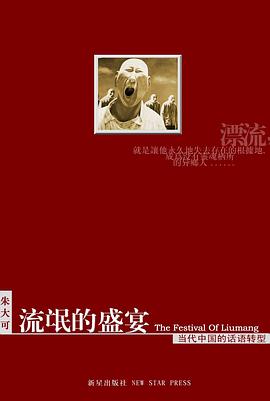
《流氓的盛宴》内容简介
作者继续深入历史。这部学术著作并不企图建构理论体系,却分明有着沉重的思想力度,它甚至修正了关于中国漫长的专制主义社会的静态“超稳定”结构这一流行论断。在作者看来,国家/流氓这一对偶制乃是历史循环其间的结构性巨型框架:中国王朝的历史正是在国家主义/流氓主义、国家社会/流氓社会、极权状态/江湖状态之间振荡与摆动——这种耗散性的摆动获得一个动态稳定的型构,而线性历史(国家)的总体进程中又隐含着大量分叉历史(流氓)的细节——国家主义和流氓主义的互动就此平分了中国历史,并维系了中国王朝的漫长生命。不过,这一思想只能视为本书言说的遥远而艰深的背景,它重点阐释的毕竟还是当代中国话语中的流氓景象。
那么何谓“流氓话语”?按作者的解释,乃是以所谓的“反讽话语”体系对抗国家主义“正谕话语”体系的自我书写,它大量使用酷语(暴力话语)、色语(色情话语)和秽语(污言脏词),以期消解国家话语对意识形态的掌控。这种书写方式倒是可能指向个人自由主义的广阔语境,便于在各种话语领域表达原创力量。作者分析的话语样本涉及当代文学(诗歌、小说)、美术、影视、摇滚乐、建筑、网络文化诸门类,由此制造出一个“五四”迄今的庞杂的流氓话语谱系。
一般而言,国家话语和流氓话语各自言说,泾渭分明。但当赵本山的小品被国家主义美学接受并赢得热烈而又广泛的群众呼声时,这表明流氓话语很可能具有软化僵硬的国家意识形态话语的力量。的确,国家话语和流氓话语并不总是对立的,在某种情况下它们达成和解是可能的。类似的现象,朱大可称之为“流氓国家主义”,亦即流氓主义的“天鹅绒革命”。不过,它无可避免地象征着文化精神标杆的矮化——然而它拥有广阔的市场。正是流氓主义、国家主义和市场主义的三位一体,构成了当下中国话语的普遍征候。不是吗?我们正在倾听和叙说着诸如此类的话语。显然,当此话语变革时代,我们的文化身份出了问题。
熟悉朱大可写作方式的人不难发现,他善于运用巴洛克式夸饰语言,能够把理性的批评议题生生玩成话语能指的盛宴。相对于国家主义学术的“正谕”面孔,朱大可的批评话语本身就属于他所阐释的流氓主义“学术”的一部分。反讽、解构以及符号学分析,这是他一以贯之的拿手好戏,他当真是耍惯了罗兰·巴特式的解剖美学经验的锐利手术刀——所谓的“朱体”由此生成,而《流氓的盛宴》是为集“朱体”之大成者。
一直以来,国家主义/流氓主义的对偶阐释框架,已深深嵌入到朱大可的批评话语实践中,它风姿绰约地充任了作者解读中国本土美学经验的基本工具。在他手中,这一解读工具显得如此有效,人们大可称之为“流氓主义”文化批评——在此,它跟朱大可所批评的事物构成了极为有趣的互文关系。
作者简介
朱大可,当代负有盛名的文化批评家,学者,小说及随笔作家。祖籍福建武平客家。1957年生于上海。华东师范大学中文系毕业。澳大利亚悉尼理工大学哲学博士,悉尼大学亚洲研究学院访问学者。现为同济大学文化批评研究所教授。
目前主要从事中国文化研究与批评。著有《燃烧的迷津》、《聒噪的时代》、《逃亡者档案》、《话语的闪电》、《守望者的文化月历》、《21世纪中国文化地图》(多卷)等。以新锐的思想和独特的话语方式见长,其见解在中国思想文化界富有影响。
A brief introduction to the Rogues' Feast
The author continues to delve into history. This scholarly work does not attempt to construct a theoretical system, but it clearly has a heavy intellectual force, and it even revises the popular argument about the static "super-stable" structure of China's long authoritarian society. In the author's view, the state/rogue duality is a structural mega-framework in the cycle of history: The history of the Chinese dynasty oscillates and oscillates between nationalism/gangsterism, state society/gangster society, totalitarian state/Jianghu state - this dissipative oscillation achieves a dynamic and stable pattern. The overall process of linear history (the state) implies a great deal of detail of bifurcated history (the hooliganism) - the interaction of nationalism and hooliganism thus bisends Chinese history and sustains the long life of Chinese dynasties. However, this idea can only be seen as the distant and difficult background of this book, which is, after all, focused on the gangster scene in contemporary Chinese discourse.
So what is "rogue talk"? According to the author's explanation, it is the self-writing of the so-called "ironic discourse" system against the nationalistic "oracular discourse" system, which uses a large number of cool language (violent discourse), erotic language (pornographic discourse) and obscene language (dirty words), in order to dissolve the control of national discourse over ideology. Such writing may, however, point to the broader context of individual liberalism and facilitate the expression of original power in various fields of discourse. The discourse samples analyzed by the author involve contemporary literature (poetry, novels), fine arts, film and television, rock music, architecture, and network culture, thus creating a complex spectrum of rogue discourse from May Fourth to now.
Generally speaking, the national discourse and the rogue discourse are separate and distinct. But when Zhao Benshan's sketches were accepted by the nationalistic aesthetic and won enthusiastic and widespread popular appeal, it showed that rogue discourse may well have the power to soften rigid national ideological discourse. Indeed, the discourse of the state and the discourse of the rogue are not always antagonistic, and in some cases it is possible for them to reach an accommodation. A similar phenomenon, Zhu Da can be called "rogue nationalism", that is, the "velvet revolution" of rogue nationalism. However, it inevitably symbolizes the diminution of cultural spiritual standards - yet it has a vast market. It is the trinity of hooliganism, statism and market doctrine that constitutes the common symptom of contemporary Chinese discourse. Isn't it? We are listening and saying such things. Clearly, something is wrong with our cultural identity in this era of discourse change.
People who are familiar with Zhu Dake's writing style can easily find that he is good at using Baroque bombastic language and can play rational critical issues into a feast of discourse signifiers. Compared with the "formal" face of nationalistic scholarship, Zhu Dake's critical discourse itself belongs to the "scholarship" of hooliganism explained by him. Irony, deconstruction and semiotic analysis are his consistent skills, and he must really be used to the sharp scalpel of Roland Barthes's anatomical aesthetic experience - the so-called "Zhu" is generated, and "The Feast of the Rogues" is the greatest collection of "Zhu".
For a long time, the dual interpretation framework of nationalism/hooliganism has been deeply embedded in Zhu Dake's critical discourse practice, and it has served as the basic tool for the author to interpret the Chinese native aesthetic experience. In his hands, this interpretive tool is so effective that one might call it "hooliganism" cultural criticism - and here it forms a very interesting intertextual relationship with what Zhu Dake criticizes.
About the author
Zhu Dake, contemporary famous cultural critic, scholar, novel and essay writer. Ancestral home in Fujian Wuping Hakka. Born in Shanghai in 1957. Graduated from Chinese Department of East China Normal University. Doctor of Philosophy, University of Technology, Sydney, Australia, Visiting Scholar, School of Asian Studies, University of Sydney. He is currently a professor at the Institute of Cultural Criticism, Tongji University.
He is currently engaged in research and criticism of Chinese culture. He is the author of "Burning Maze", "Noisy Times", "Fugitive Files", "Lightning of Discourse", "Watchman's Cultural Calendar", "Map of Chinese Culture in the 21st Century" (multiple volumes), etc. He is well known for his new ideas and unique ways of discourse, and his views are highly influential in the Chinese ideological and cultural circles.
 热门标签
热门标签
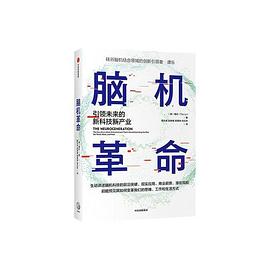
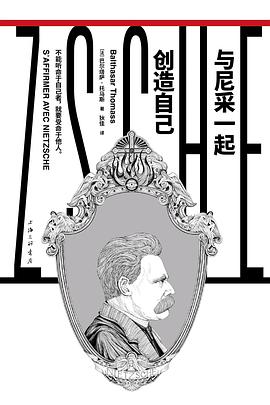
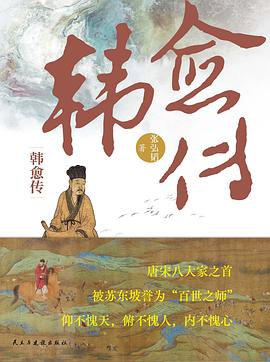
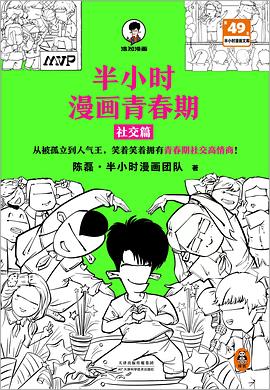
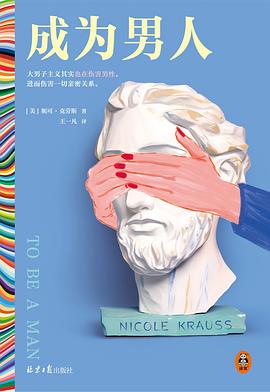

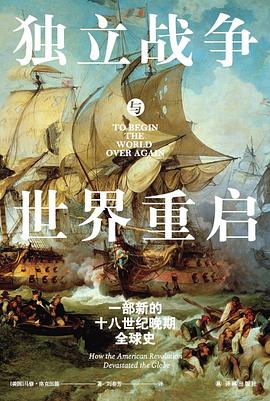
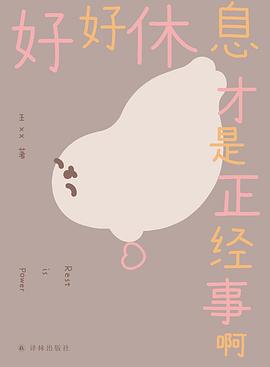
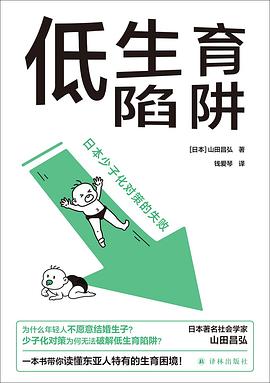


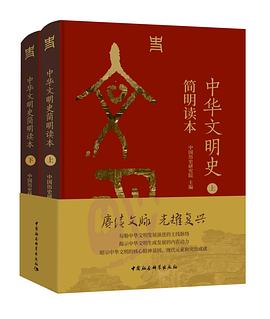
 书单推荐
书单推荐